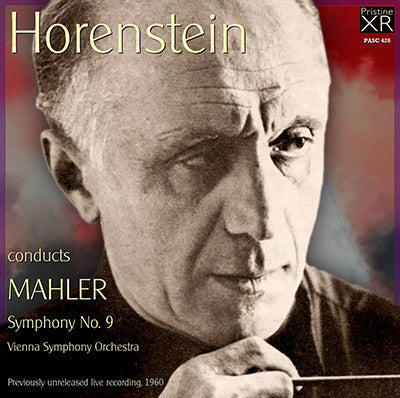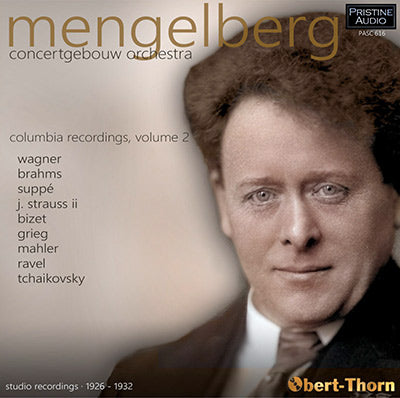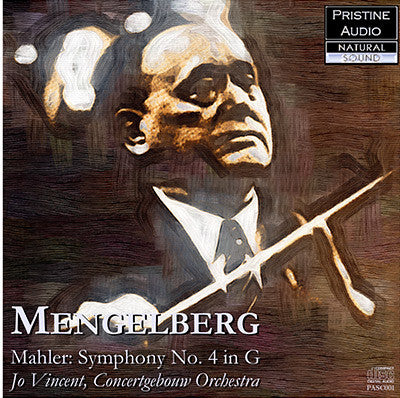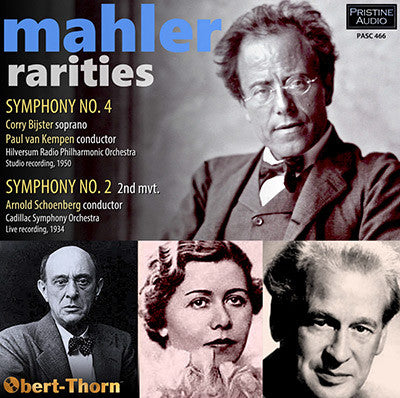Mahler
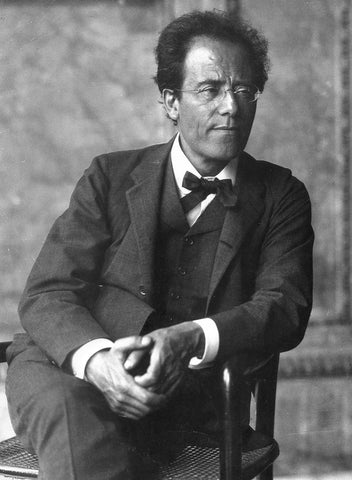
Born in Bohemia (then part of the Austrian Empire) to Jewish parents of humble circumstances, the German-speaking Mahler displayed his musical gifts at an early age. After graduating from the Vienna Conservatory in 1878, he held a succession of conducting posts of rising importance in the opera houses of Europe, culminating in his appointment in 1897 as director of the Vienna Court Opera (Hofoper). During his ten years in Vienna, Mahler—who had converted to Catholicism to secure the post—experienced regular opposition and hostility from the anti-Semitic press. Nevertheless, his innovative productions and insistence on the highest performance standards ensured his reputation as one of the greatest of opera conductors, particularly as an interpreter of the stage works of Wagner, Mozart, and Tchaikovsky. Late in his life he was briefly director of New York's Metropolitan Opera and the New York Philharmonic.
Mahler's œuvre is relatively limited; for much of his life composing was necessarily a part-time activity while he earned his living as a conductor. Aside from early works such as a movement from a piano quartet composed when he was a student in Vienna, Mahler's works are generally designed for large orchestral forces, symphonic choruses and operatic soloists. These works were frequently controversial when first performed, and several were slow to receive critical and popular approval; exceptions included his Second Symphony, Third Symphony, and the triumphant premiere of his Eighth Symphony in 1910. Some of Mahler's immediate musical successors included the composers of the Second Viennese School, notably Arnold Schoenberg, Alban Berg and Anton Webern. Dmitri Shostakovich, Benjamin Britten, Leonard Bernstein and Peter Maxwell Davies are among later 20th-century composers who admired and were influenced by Mahler. The International Gustav Mahler Institute was established in 1955 to honour the composer's life and work.

Mahler
Mahler Symphony No. 9
Live recording · 1960 Vienna Festival
Total duration: 79:11
Jascha Horenstein, conductor
Vienna Symphony Orchestra
MAHLER Symphony No. 2 'Resurrection'
Recorded Amsterdam, 1951
Total duration: 71:26
Jo Vincent, soprano
Kathleen Ferrier, contralto
Holland Festival Chorus
Concertgebouw Orchestra
conductor Otto Klemperer
WAGNER Tannhäuser Overture - Lohengrin Prelude
BRAHMS Symphony No. 3 - Academic Festival Overture
GRIEG Two Elegiac Melodies
RAVEL Boléro
J STRAUSS II Perpetuum Mobile
music by Suppé, Bizet, Mahler, Tchaikovsky
Studio recordings, 1926-32
Total duration: 2hr 18:29
Concertgebouw Orchestra of Amsterdam
conducted by Willem Mengelberg
MAHLER Symphony No. 4
Recorded in 1939
Total duration: 57:01
Jo Vincent, soprano
Concertgebouw Orchestra
Conductor: Willem Mengelberg
TCHAIKOVSKY Symphony No. 4 in F minor
TCHAIKOVSKY Symphony No. 5 in E minor
TCHAIKOVSKY Romeo and Juliet – Fantasy Overture
TCHAIKOVSKY Waltz from Serenade for Strings
J S BACH Suite No. 2 for Flutes and Strings
J C BACH Sinfonia in B flat
BEETHOVEN Leonore Overtures 1 & 3, Coriolan Overture et al
WEBER Der Freischütz, Euryanthe, Oberon - Overtures
LISZT Les Préludes
WAGNER Tannhäuser Overture - Lohengrin Prelude
BRAHMS Symphony No. 3 - Academic Festival Overture
GRIEG Two Elegiac Melodies
RAVEL Boléro
J STRAUSS II Perpetuum Mobile
music by Cheubini, Mendelssohn, Berlioz, Suppé, Bizet, Mahler, Tchaikovsky
Studio recordings, 1926-32
Concertgebouw Orchestra of Amsterdam
conducted by Willem Mengelberg
MAHLER Symphony No. 2 (2nd mvt)
MAHLER Symphony No. 4
Live and studio recordings, 1934 & 1950
Total duration: 62:08
Cadillac Symphony Orchestra
Corry Bijster soprano
Paul van Kempen conductor
Hilversum Radio Philharmonic Orchestra

